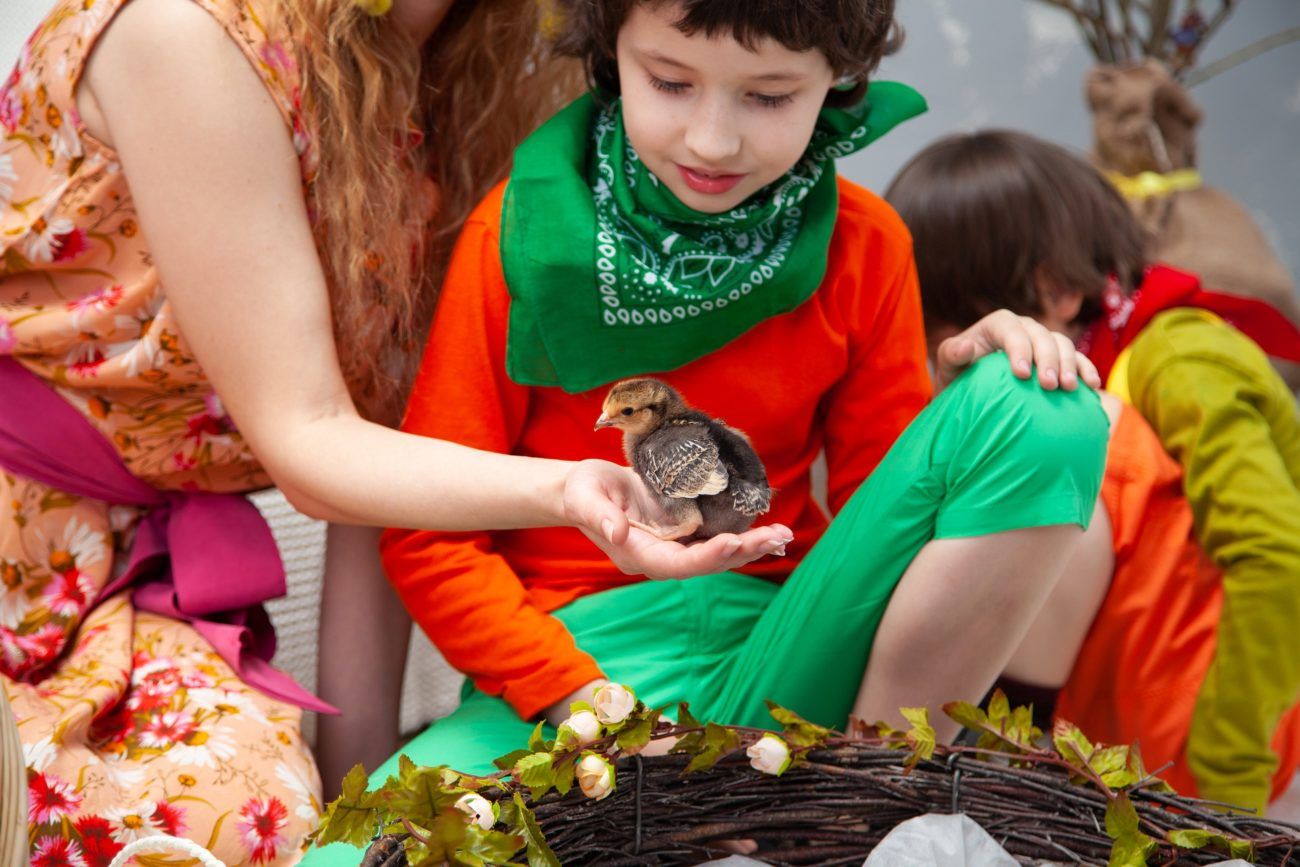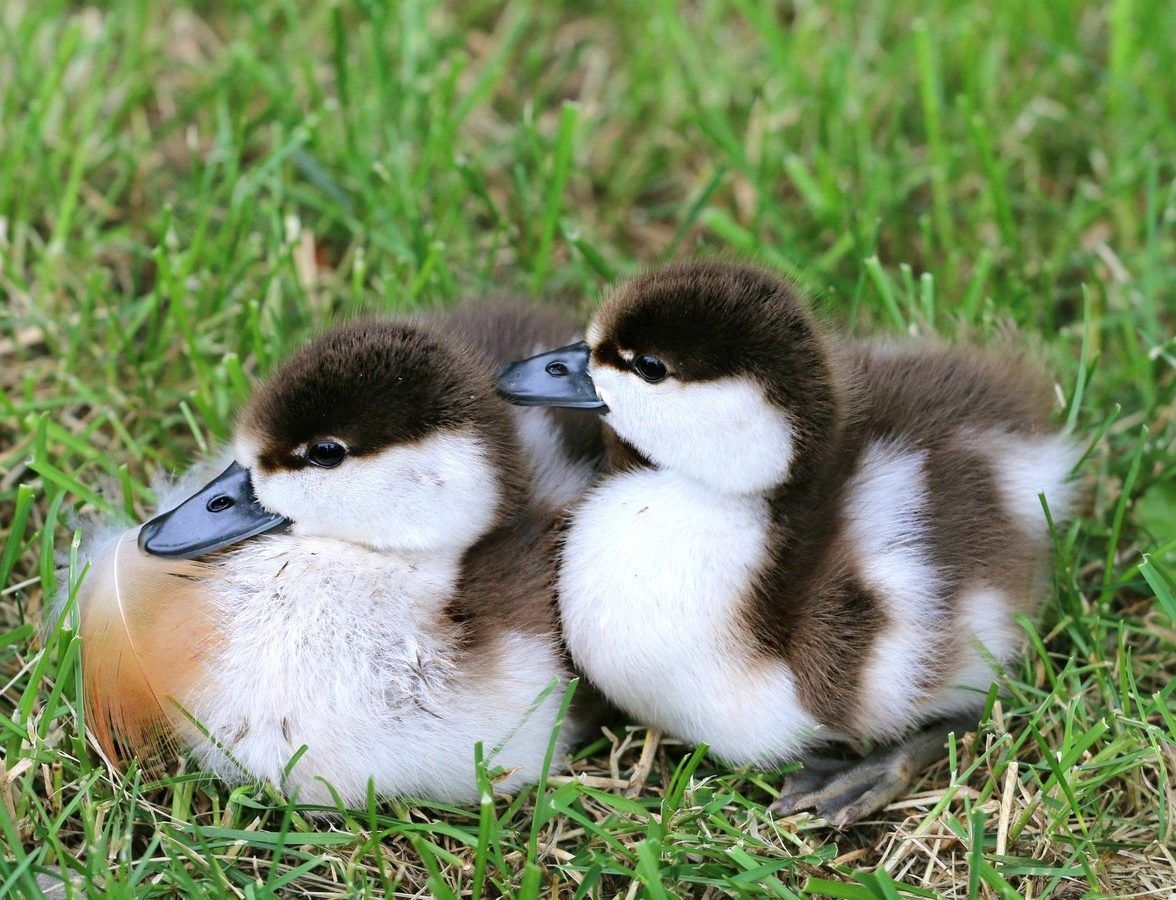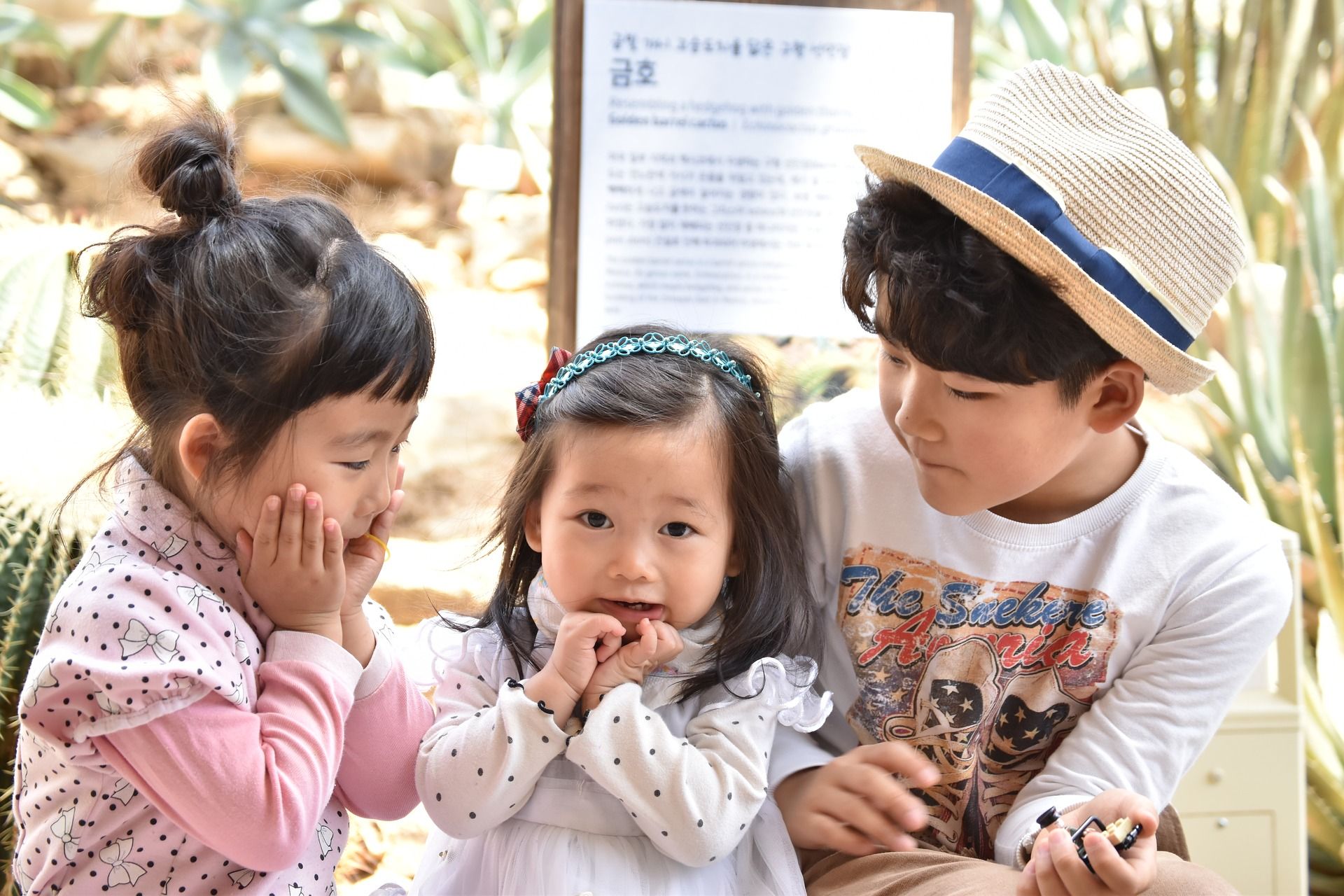Birds and Children, Is it Safe for Our Children?
Birds and Children, Is it Safe for Our Children? Birds and children are a delicate combination. Having a pet is a formative experience for any child, all pets are not a good choice for them. Birds

Birds and Children, Is it Safe for Our Children?
Birds and children are a delicate combination. Having a pet is a formative experience for any child, all pets are not a good choice for them. Birds require special care that children can ignore. Learn here what you need to know about having birds as pets for your children.
Can You Have Birds and Children at the Same Time?
It is not recommended that a child have a bird as a pet. Birds are delicate and fragile, and they don’t show affection like a dog or cat. Children tend to get bored with them or try to play with them aggressively. Besides, both can present a danger to each other if not handled carefully, and generally require a lot of supervision.
However, an attentive and responsible parent can make this relationship work. Besides that, he can make it an extremely valuable formative experience for the child. Pets are excellent learning opportunities for children to become familiar with responsibility. A bird can teach you finesse, patience, and respect like few other pets.
But before you make the decision, you need to consider certain considerations.
Inconveniences for Birds

Children usually have a very short attention span and may get bored quickly. In addition, they do not control their impulses well. For these reasons, some of the potential damage they can cause to birds are:
Physical Damage
A child unfamiliar with birds may try to interact with them abruptly. Birds have very delicate bones that cannot withstand the aggressive treatment. Children tend to treat them roughly, causing pain and potentially permanent damage to vital parts. Birds should never be grabbed by force except in very few situations. If they wish to be held, they must access at their own expense.
Negligence
Children generally do not have the attention span and interest to satisfy all the needs of a bird. They need constant nourishment with regular replacements of water and food. Besides, they need their areas to be cleaned daily to avoid unpleasant odors and accumulation of waste. And they also need companionship and affection. A child must be willing to provide all of this, alone or with help.
Sensory Damage
Birds have some highly developed senses such as sight and hearing. Very frequent and large stimuli can be harmful to them, they may cause serious and permanent nerve problems that will affect their happiness. Children should be especially careful not to make loud, annoying noises for house birds. Besides, they should learn to respect their sleep schedules.
Inconveniences for Children

It is not only children who can accidentally harm birds if they are not careful and gentle. Birds can react aggressively like any other animal or they cannot control their natural functions. Some of the harms they can cause to children are:
Bite Damage
Birds can peck pretty hard for a variety of reasons, causing extra damage to a child’s delicate skin. A bird that feels threatened or frightened is likely to peck at people around it, and they don’t necessarily need a negative stimulus to do so. Their beaks are the primary means they use to get information from the world. Just by playing or prying they can cause harm if not prevented.
Scratches by the Claws
The claws of the birds are quite strong and sharp, either to break fruits and stones or to hunt insects. When they stand on a child’s bare skin can cause scratches or even lacerations if care is not taken. They do not do it to damage or attack, it is rather something inevitable for them, especially in domestic environments where their claws do not wear out naturally.
Allergies
Children tend to be particularly sensitive to external agents. Their immune systems are still developing and can be easily compromised. Birds produce several agents that can affect allergic children. Some of these agents are feathers, dry skin under the feathers and even mites. Allergic children should be especially careful with birds and other pets.
How Do You Keep Them Both Healthy and Safe?
The way to make birds and children live together without major inconveniences is under constant supervision and sensitization. All the potential problems mentioned can be avoided without much effort if you teach early to respect personal spaces. This is not a responsibility that falls exclusively on the children, although it is an important part.
Birds are extremely intelligent animals that can learn complex issues very quickly. They should also be taught to live with the children and not to exceed the limits imposed on them. If both parties are well educated, then living together will be enjoyable and productive.
Remember that at BBI Laboratories we are specialists in sexing birds by DNA and detecting bird diseases. Besides, you can also follow us on our main social networks (Facebook, Twitter, Instagram) where we share relevant information about our activity and the world of birds.
